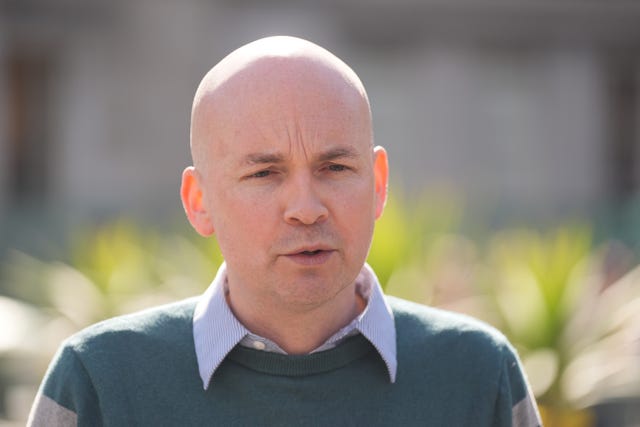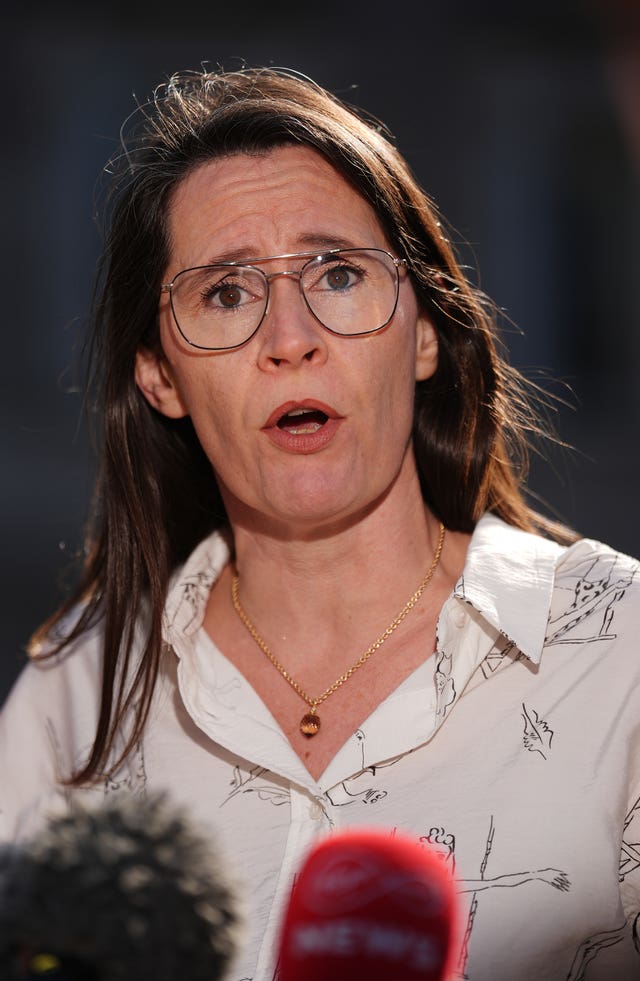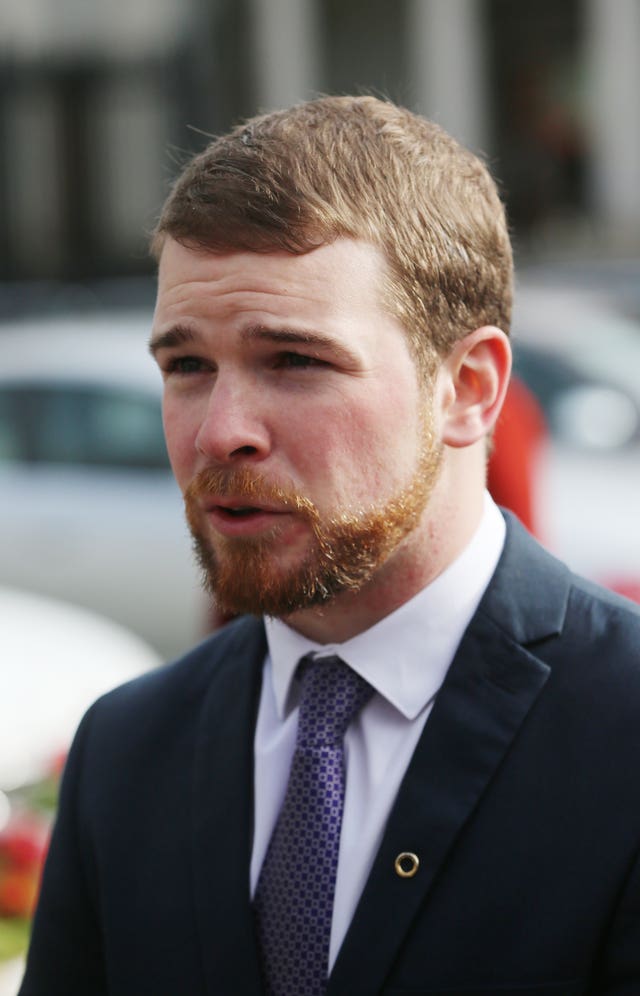Opposition pledges ‘robust’ challenge to triple lock changes

By Cillian Sherlock, PA
Opposition TDs have pledged to replicate a “robust” challenge to moves by the Government to scrap provisions of the triple lock for overseas troop deployments, citing heightened unity following the speaking rights row.
Under the current system, Ireland cannot deploy any more than 12 Defence Forces peacekeepers overseas without a mission being approved by the UN Security Council or General Assembly, as well as approval by the Government and the Dáil.
Under draft legislation being advanced by the Government, it is proposed to remove the requirement of formal UN approval and replace it with a stipulation that the deployments are in accordance with the UN Charter.

The Government argues that this will prevent the five permanent members of the Security Council – Russia, China, the UK, the US and France – from exercising their veto against Irish peacekeeping missions.
The Bill also includes draft proposals to amend provisions relating to the deployment of Defence Forces personnel in non-combatant evacuation operations.
Critics see the moves as an effort to remove the core protections of the triple lock and erode Irish neutrality.
On Wednesday, the Irish Neutrality League held a press conference in Dublin to voice objections to the proposals.
It put forward a stance supported by opposition politicians from Sinn Féin, the Social Democrats and People Before Profit, as well as certain independents in the Dáil and Seanad.
Speaking at the event, opposition TD Paul Murphy said the cross-party convening under the Irish Neutrality League was a “crucial initiative”.

He was critical of the Government not progressing the Occupied Territories Bill in this session while deciding to “effectively fast track the deletion of the triple lock”.
Mr Murphy said the changes mentioning the UN Charter do not “make any sense” because the triple lock was designed to effectively enshrine the charter into Irish legislation.
He added: “We obviously will do everything that we can in the Dail, in the Seanad, in the committees to expose what is happening and to oppose this erosion of neutrality.”
Asked if this meant similar action to the disruption carried out during the recent speaking rights row, Mr Murphy said: “We obviously haven’t discussed that sort of detail, yet – we’re not at that point.”
He said that unity was about holding the Government to account and added: “So certainly, I think that kind of coalition that you saw around the speaking time argument is being replicated here, it is going to be replicated in terms of a robust opposition to getting rid of neutrality.”
However, Mr Murphy said the Government had a majority and therefore the only thing that would “save our neutrality at this stage is if ordinary people become involved”.

Sinn Féin TD Donnchadh O Laoghaire said the Government proposal is “putting the triple lock in the bin”.
He added: “Actually, the biggest obstacle to Ireland taking part in peacekeeping missions has been the neglect of the Defence Forces.”
Social Democrats TD Sinead Gibney said the Government was carrying out an “outright attack” on neutrality.
Ms Gibney said the Government relies on the threat of the Security Council veto without responding to queries on the provision that states the General Assembly could also approve a mission.
She added: “The proposal that they have in front of us right now is a mammoth step away from neutrality, to eradicate the triple lock means that we no longer have the multilateralism which satisfies our neutrality, and to increase the cap from 12 to 50 is a huge step, which really eradicates any oversight of the deployment of troops.”
Senator Alice-Mary Higgins said the public values neutrality, adding that it was “absolutely key to the disproportionately large impact” Ireland has had globally and at the UN.
She said neutrality played a role in Ireland’s record of credibility in peacekeeping, disarmament, nuclear non-proliferation and bans on cluster munitions.
The senator said it would be a “great tragedy” if the triple lock is removed and Ireland is exposed to pressure to participate in wars and actions that are not properly monitored.
Ms Higgins also said there should be no “short-circuiting of the parliamentary process” by waiving pre-legislative scrutiny or guillotines on debate.
Independent TD Catherine Connolly emphasised that the triple lock had been established during votes on the Nice Treaty and further followed by the Lisbon Treaty.
Ms Connolly accused the Government of “dishonesty” and the “twisting of language” in the debate around the triple lock.
Fianna Fáil’s election manifesto included a proposal for “sensible reform” of the triple lock while Fine Gael said it would adopt a more assertive foreign, defence and security policy in a way that protects the policy of “active military neutrality”.
Meanwhile, a 2023 report on a Government-established forum on international security policy found that the prevailing view of contributors was that the triple lock should be reconsidered as it is “no longer fit for purpose”.
However, Mr Murphy said it was a “joke” to suggest the Government has a mandate to change the triple lock and described the consultative forum as being a “hand-picked” and “stacked” undemocratic process.
“They had previously said they were going to have a citizens’ assembly, which would have been a significant element of real consultation, would have been on some level a democratic forum.
“It would still need – even if such a thing recommended the end of the triple lock – would still say that needs to go to the people.
“But there really is no mandate here for what they’re doing – and never mind the speed with which they’re doing it.”
Irish Neutrality League convenor Sara O’Rourke said the group would be organising a number of events, including a public rally in Dublin on May 10.






